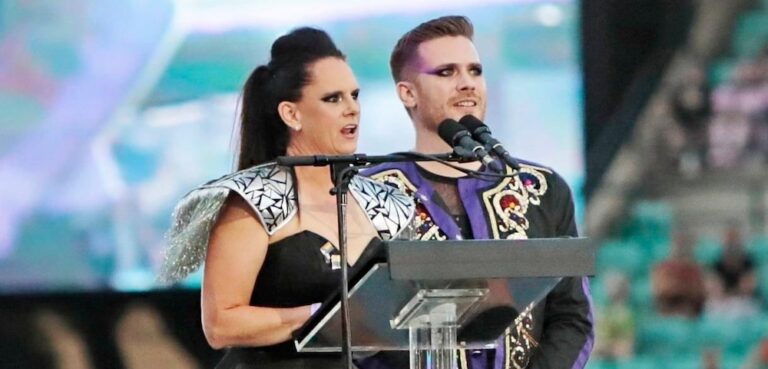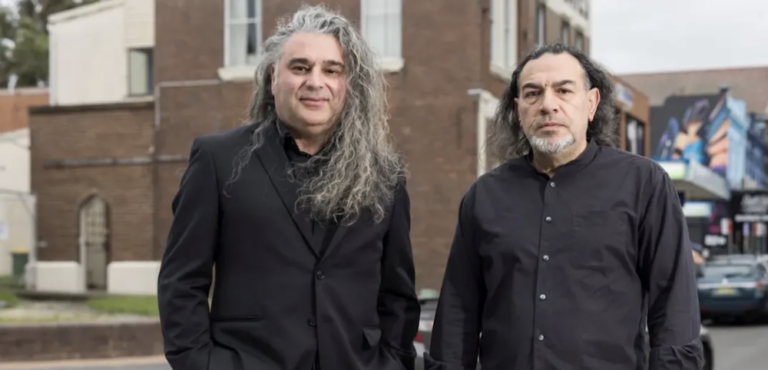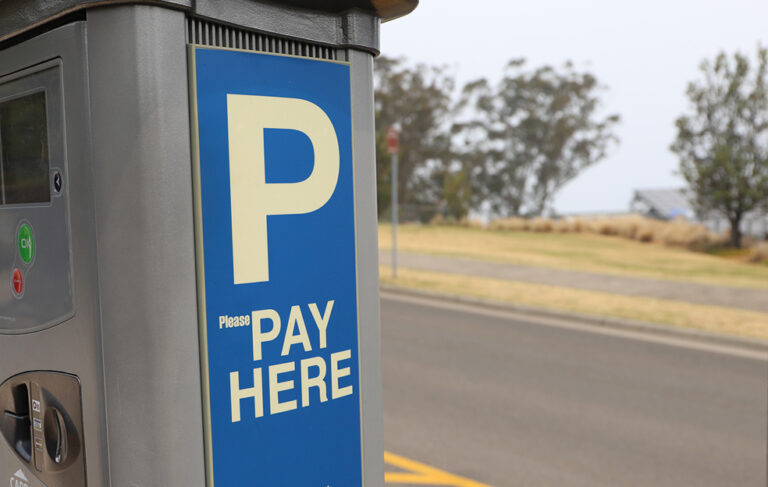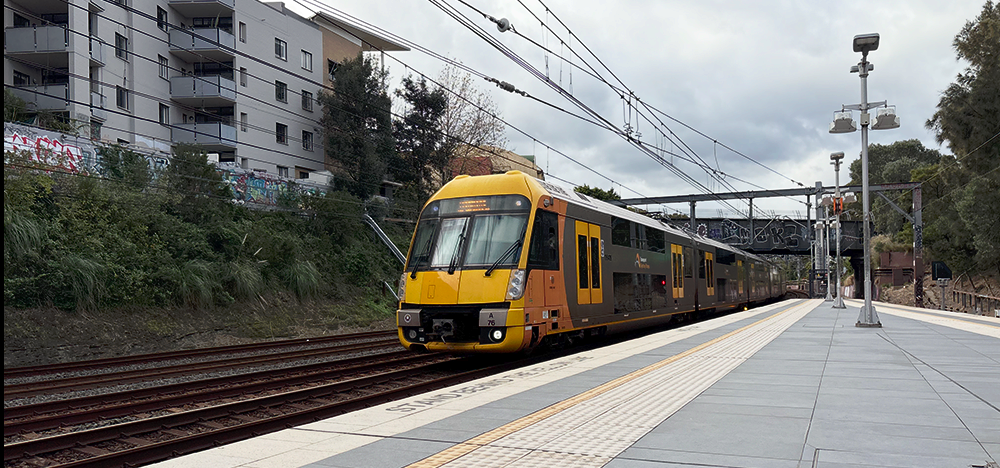
The more things change
BY SHANT FABRICATORIAN
Friday, September 5, was a watershed day in NSW politics, and came off the back of a landmark week.
The departure, in quick succession, of the state’s deputy premier, treasurer, and finally the Premier himself, laid the foundations for Nathan Rees’ ascension to the state’s top job.
In his first interview in the role on the ABC’s Stateline that evening, he pronounced privatisation of the state’s electricity generators dead ‘ ‘I think the public and Parliament have spoken on that issue’ ‘ but affirmed his commitment to the sale of the retail sector.
But many questions remain unanswered, including one of the most overlooked by the media ‘ who is behind the media narrative’
There is a disconnect in mainstream coverage of this issue that leaves too many known unknowns. The case for full-scale privatisation has long been presented as a fait accompli in the Daily Telegraph and the Sydney Morning Herald.
The latter, in particular, has been surprising in its vehement support for the sale, penning this remarkable editorial just days before the showdown in Macquarie Street ‘ the same day Fairfax journalists were out on strike.
Yet polls have consistently shown an overwhelming majority of the public is solidly against the sale. Are we to believe only Morris Iemma and Michael Costa ‘ the latter in particular a self-confessed privatisation ideologue ‘ had a solid grasp of the dire circumstances in which NSW finds itself financially’
Economic arguments in favour of the sale are not as cut and dried as proponents suggest. But as a source from the ALP Left put it, ‘We haven’t sold the economic arguments against privatisation well, and I think it’s too late now to change the direction of the media narrative.’
Former Opposition Leader Peter Debnam, a vocal opponent of privatisation, publicly criticised the role of mainstream media in offering ‘protection’ to Iemma because of a belief the state government ‘couldn’t run a chook raffle and the electricity industry would be better off out of their hands’. Yet when I rang him this week to discuss this aspect, he declined to comment, saying only that the issue had been put to a vote and he had nothing to add.
But as Debnam would know, promises in NSW politics are made to be broken. Not only did Iemma trenchantly deny before the last election that Labor had any plans to privatise electricity, he also broke the infamous ‘no plan B’ promise within 24 hours. So what are the odds that the sale of the generators is not dead, merely on hiatus’
Privatisation of the generators has been publicly backed by powerful lobby groups, including the Australian Industry Group, the Property Council of Australia, and the Sydney Chamber of Commerce, whose executive director, Patricia Forsythe, communicated her wish list to the new premier this week: ‘One needs to look at areas such as Sydney Ferries, prisons, waste management, forests, lotteries. There is an extensive list [for privatisation].’
The long-term status of the generators is up in the air. As a union source observed, ‘The unions are going to have to be very vigilant. There’s a lot of influential people who would still like this to happen.’









